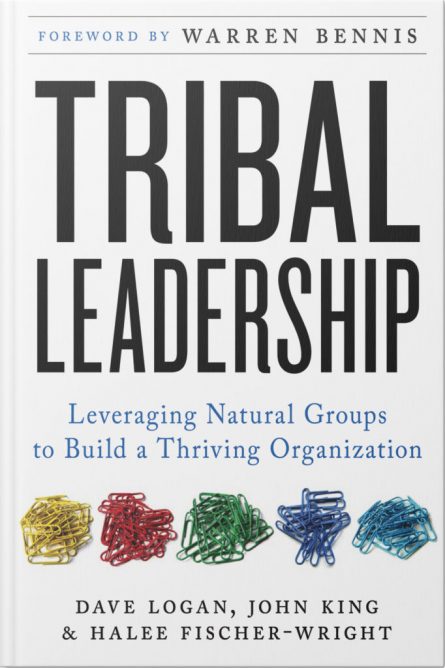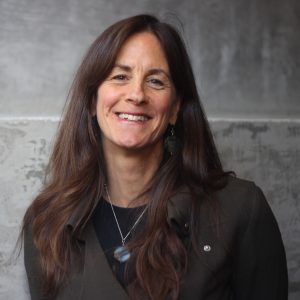Do you hate networking?
I can’t begin to count how many people I know that say they hate networking, but think it’s something they have to do in order to get their next project, their next job, or their next promotion. This may be especially true in the still-emerging field of sustainable design.
Why do so many people hate networking?
Perhaps it’s because when we think of networking we envision plastering on a fake smile then glad-handing, self-promoting, and elevator pitching. We think we have to “work the room”, quickly cutting off conversations with those we believe to be unhelpful and then targeting those we believe are. We think we have to play the game, and play to win.
This conventional concept of networking is not only an icky and inauthentic way to be and to engage, it reflects and reinforces a paradigm that is not healthy for you, for society, or for our planet.
But what if we need that next project, next job, or next promotion?
The fact is, humans are social beings and we need each other. We need to connect and engage. We need colleagues and collaborators if we are to overcome great challenges and achieve great things. So don’t we need networks?
Yes, we do need networks, but not networks based on individuals connecting with others solely in the pursuit of selfish and self-serving (and usually unsustainable) goals. Instead, we need networks that are values-based, dynamic, synergizing systems.
How do we create such systems?
Research presented by Dave Logan and his colleagues at CultureSync, suggest that these systems emerge and grow from triads (groups of three people) that are based on shared core values. [For much more on this read the article Triads, Triads, Triads and read the book Tribal Leadership.]
How does it work?
Instead of striving to introduce yourself to people you’d like to know, strive to introduce two people you already know — and respect — to each other. After sharing the basics (names, professional contexts) and why the two might want to connect, talk about what you think makes each person great as a person, based on core values that you share with them.
What does it take to work?
In order to introduce two people based on shared core values, you need to be clear on your own core values as well as the core values of those that you are introducing. For those of you in sustainability, this is the easy part — your work, or the work you’d like to do, is based on your core values.
How do I get started?
When you’re in a situation where you feel you need to network, stop thinking about yourself. Instead, engage by asking someone what they are working on that they are passionate about, what they’d love to be working on, and what they believe is important. If you find that you have shared core values, offer information or insights that you have that might be interesting or helpful to them. Then seek out someone else you know who shares those values and make introductions — or seek someone out together.
Why you’ll love it
Creating triads is not about self-promotion — it’s about discovering what other people care about and sharing. It’s not about you, it’s about your values. It’s not about what you can get from someone else, but rather what you can share and do for them. It’s authentic and reflects a paradigm that’s healthy for you, for society, and for our planet.
Are you interested in practicing creating triads and other tools for Creative Leadership? We welcome you to explore our fully online MA in Sustainable Design program — and become part of our values-based, dynamic, synergizing system!
[image courtesy of Tribal Leadership]

